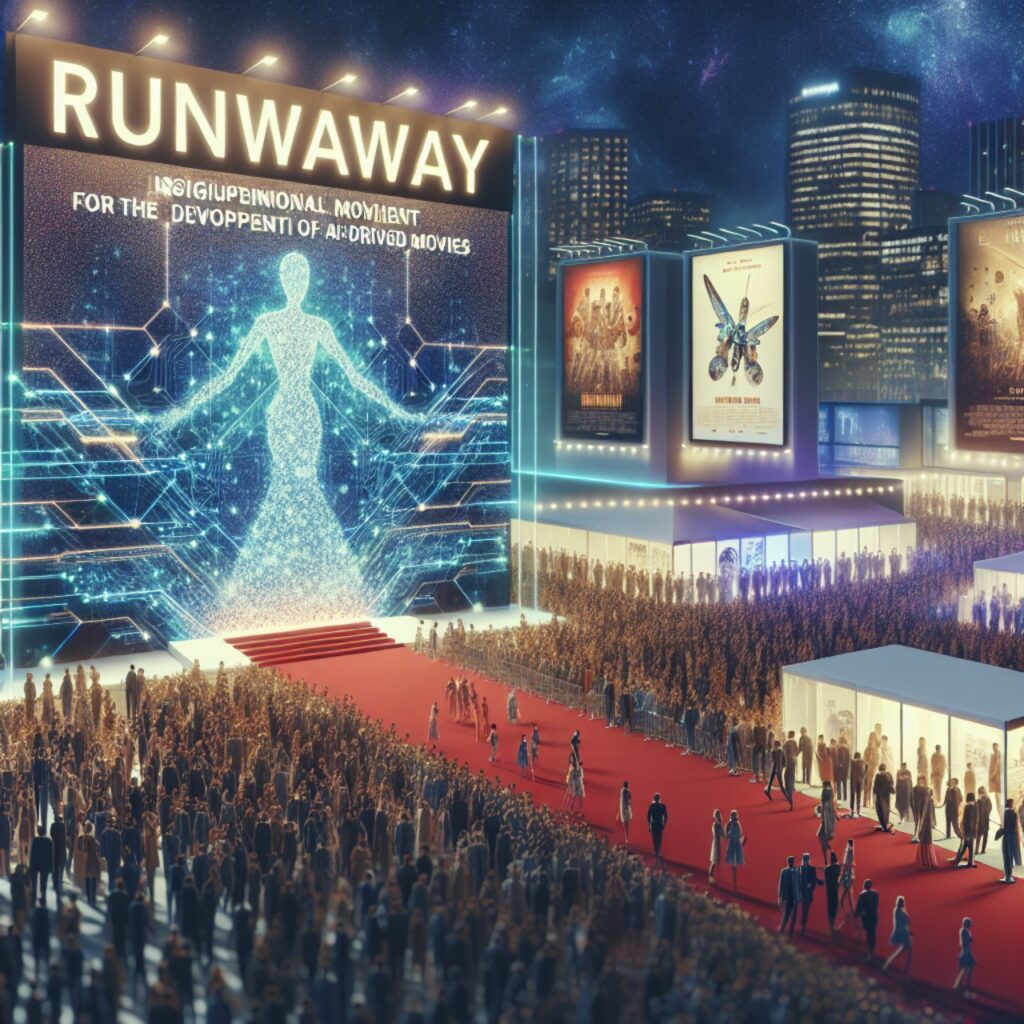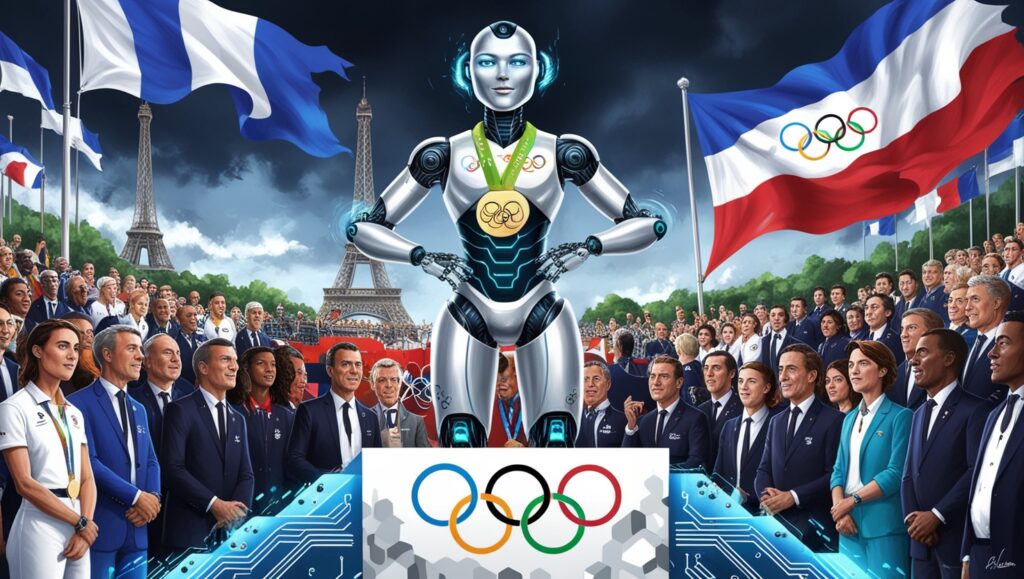One of the key events for the Hollywood incorporation of generative AI was the 2nd Annual International AI Film Festival (AIFF), which was held in Downtown Los Angeles on May 1.
Producer Runway, a generative AI video business based in New York City, presented the showcase with partnership assistance from Geneva International Film Festival (GIFF) and the prestigious Tribeca Film Festival.
The invite-only premiere of Runway’s AI models (Gen-1 and Gen-2) and other AI tools, along with more conventional filmmaking techniques, drew over 400 producers, animators, actors, and directors. This was not a protest, but rather an expression of full acceptance of what their colleagues had developed. It was evident that this commemorated a significant point in cinema history as the audience occasionally gasped in amazement at the collective experience.
Last year [for the festival], they received close to 300 submissions. Cristóbal Valenzuela, the CEO and co-founder of Runway, addressed the audience prior to the presentation of the ten finalists’ films, saying, This year they got 3,000, and that’s a sign of the times.
Even though this satire essentially celebrated the many shortcomings of generative AI, this year’s AIFF films demonstrated how far the field has come.
A Winning AI and Film Formula
Director and AIFF judge Paul Trillo stated on LinkedIn that contestants were requested to include a list of all the AI tools they utilized along with their submissions.
He pointed out that none of the high-fidelity designs on show featured Open AI’s much-discussed new text-to-video Sora mode.
The strongest entries had strong narrative-driven bases with well-integrated AI elements, despite the showing films’ varied themes and styles, some of which featured more overt AI visuals than others.
The winning short film for the Grand Prix, Get Me Out / 囚われて, combined intelligent AI visual effects with emotional live-action sequences.
To create the film, three instruments were utilized. Among these were Luma AI for both capturing and recreating 3D settings, Runway’s video-to-video tool for adding some spice, and ComfyUI for re-skinning one of the actors with AI so that it appeared as though he was composed entirely of muscle, according to director Daniel Antebi in an email.
Antebi welcomed repetition and leaned on hallucinations as coping mechanisms for AI’s limitations. Antebi acknowledges that improvisation occurs during live performances as well: “We didn’t even pay attention to the final aesthetic, but it was one of our bizarre tests.”
Get Me Out perfectly captured the feelings of seasoned LA producer Joel Kuwahara, most recognized for his extensive post-production work on The Simpsons. At the pre-showcase panel, he stated that he hopes to blur the lines between AI and invisible technology so as not to draw attention away from the character or story.
Hollywood’s Evolved AI Viewpoint
During AIFF, a wide range of concepts on AI’s potential to advance cinema were presented.
Major industry figures will help solidify the discourse, according to Trillo, who recently published the first commercial AI music video and Sora-created videos for TED. “It kind of becomes more palatable once a bigger filmmaker uses it, and that’s going to happen.”
Notable festivals are also seeing AI become involved. At the premiere, Caleb Ward, the creator of the most well-known AI filmmaking school, said that he will be leading a sizable AI cinema presence at the 2024 Cannes cinema Festival in France (May 14–25).
Anastasis Germanidis, the co-founder and CTO of Runway, stated in a pre-show interview that he intends to keep developing products that give “users more art-directing control.”
Alejandro Matamala, co-founder and CDO of the firm, predicted that artists will continue to advance their skills by using these tools: “Writers will become animators, animators will transition to filmmakers, and more.”
Ultimately, AI film is seen by Runway CEO Cristóbal Valenzuela on two levels. He thinks the AI qualification will become unnecessary as the technology gets more widely used. On stage, he declared, “You never go and watch a movie because when the camera was used.”
Furthermore, he believes that AI will eventually lead to a completely new, unnamed medium. “[AI] will eventually produce new media and new forms of art that we simply do not yet know how to describe.”




